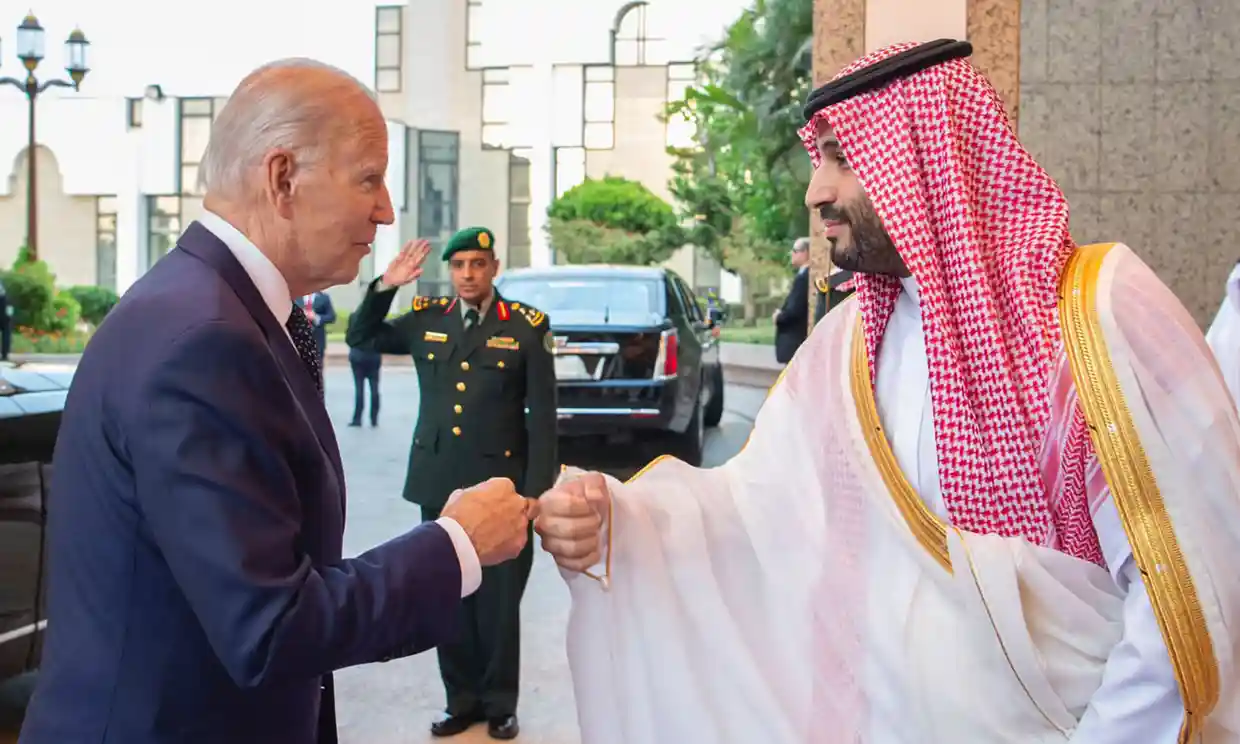The United Arab Emirates (UAE) is facing allegations that its COP28 Presidency team planned to exploit its role as the host of the UN climate talks to strike oil and gas deals. The BBC has obtained leaked briefing documents that reveal discussions about fossil fuel deals with at least 15 nations. These revelations have sparked concerns about a potential conflict of interest and a failure to prioritize climate action during the crucial COP28 talks.
According to leaked documents prepared by the UAE’s COP28 team, meetings with representatives from 27 foreign governments were arranged, including China, Colombia, Germany, and Egypt. The briefings outlined proposed “talking points” for these meetings, indicating a focus on fostering fossil fuel projects. China was reportedly approached regarding Adnoc, the UAE’s state oil company, jointly evaluating international LNG opportunities in Mozambique, Canada, and Australia.
Furthermore, the documents revealed discussions with Colombia about Adnoc’s readiness to support the development of its fossil fuel resources. Similar talking points were prepared for 13 other countries, suggesting collaboration with Adnoc in developing fossil fuel projects. The UAE also reportedly discussed commercial opportunities for its state renewable energy company, Masdar, with 20 countries, including the UK, US, France, China, and Saudi Arabia.
Greenpeace International’s Policy Coordinator, Kaisa Kosonen, expressed strong disapproval of these allegations. She emphasized that if true, it would be “totally unacceptable and a real scandal.” Kosonen highlighted the need for the COP28 Presidency to focus on advancing climate solutions impartially, rather than engaging in backroom deals that exacerbate the climate crisis.
COP28, hosted by the UAE in Dubai, is the latest round of global climate talks and is expected to be attended by 167 world leaders, including influential figures like the Pope and King Charles III. The summit aims to address climate change by limiting the global temperature rise to 1.5°C, requiring significant reductions in greenhouse gas emissions.
The leaked documents raise concerns about the impartiality of the COP28 Presidency team, particularly its president, Dr. Sultan al-Jaber. Dr. Jaber also serves as the CEO of the UAE’s state oil company, Adnoc, and the state renewables business, Masdar. The documents suggest a potential breach of conduct standards, as COP presidents are expected to act without bias and self-interest, strictly based on sound and fair judgment.
Experts, including Manuel Pulgar-Vidal, the head of the COP20 summit in 2014, and Prof. Michael Jacobs of Sheffield University, express concerns about the potential impact on global trust and progress in addressing climate change. Jacobs labels the actions of the COP28 team as “breathtakingly hypocritical” and warns that pursuing side deals that increase global emissions undermines the summit’s goal of reducing emissions.
The UAE’s COP28 team has not denied engaging in business talks during COP28 meetings but emphasized that private meetings are private. They assert that their work has been focused on “meaningful climate action” and reject the notion that they compromised their independence. Dr. Sultan al-Jaber, the COP28 President, is said to be singularly focused on delivering ambitious and transformational climate outcomes at COP28.
The allegations against the UAE’s COP28 Presidency team raise serious concerns about the potential influence of commercial interests on the crucial climate talks. As the summit unfolds, the world will be closely watching to see if the UAE can regain credibility by prioritizing meaningful climate action and steering away from actions that could undermine the global effort to combat climate change. The success of COP28 and the reputation of its leadership will be judged by the concrete results achieved by the end of the summit on December 12.










